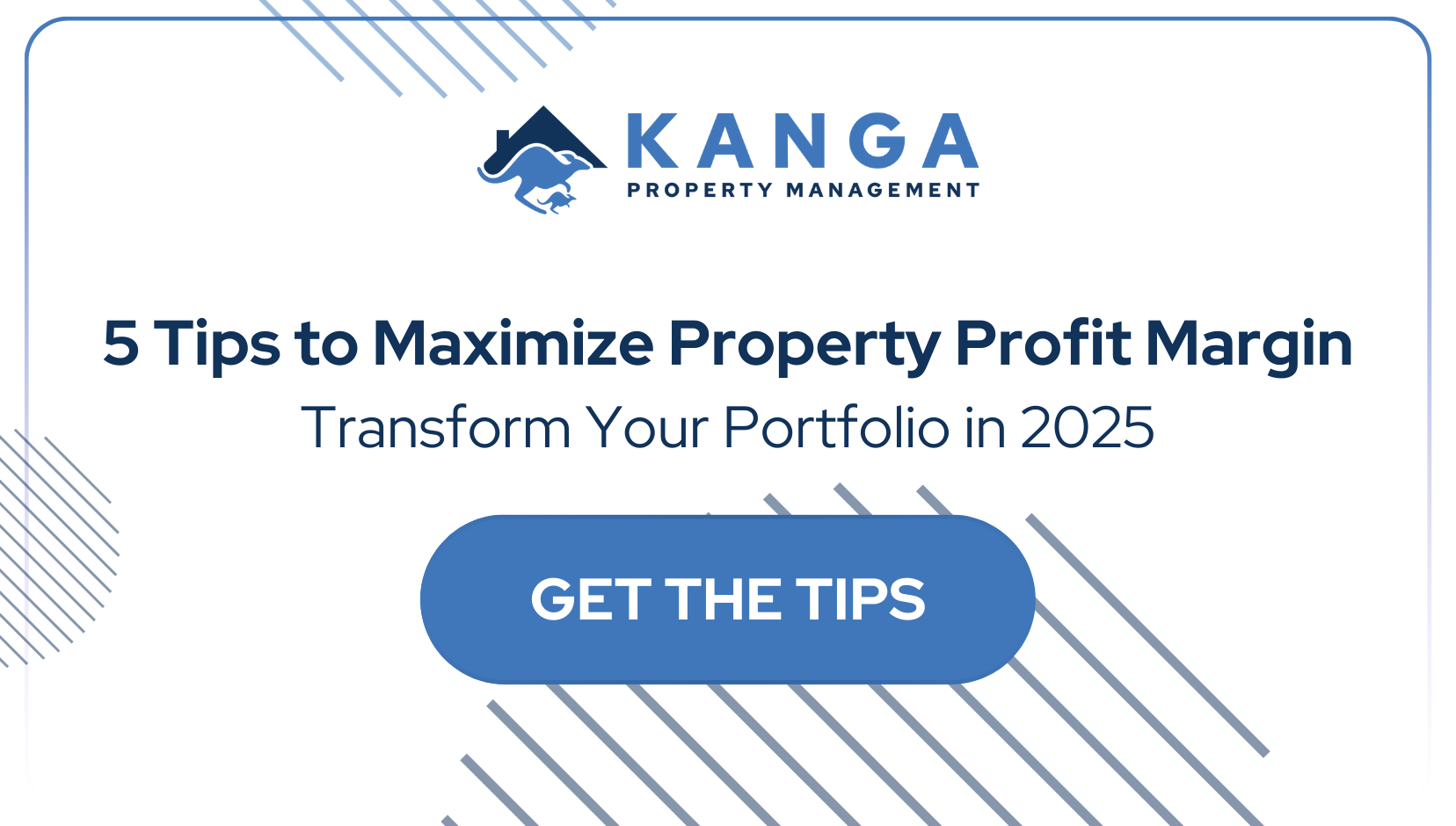
How Much Does a Property Management Company Charge?
How much do property managers charge? What kind of fees can I expect? How do I make sure I’m not being overcharged? If these are questions and concerns you have as a property owner, don’t worry, you’re not alone.
Hiring a property manager is a big investment, so, understandably, you might have concerns about the cost. While this type of service is a top-tier expense, it is one of the best things you can do to help you get the most out of your property and increase its value as well as your rental income.
That said, how much a property management company charges can vary depending on several different factors — but rest assured, we are going to break everything down for you to make sure you are fully informed before deciding to hire a property manager.
What Do Property Management Companies Do?
Helping You Understand Property Management Services
First, let’s start by reviewing what it is that property management companies do. This can help give some background as to why property management companies charge what they do and what the benefits are of hiring one.
There is a wide range of services that property management companies can provide. Aside from managing the day-to-day operations of your property, a property manager’s list of duties may include:
- Ensuring compliance with landlord-tenant laws and regulations
- Handling maintenance requests
- Showing and leasing vacant units
- Marketing properties and vacant units to attract new tenants
- Collecting rent
- Managing all paperwork, including contracts and leases
- Serving as a liaison between tenants and owners
- Handling evictions
- Managing tenant relationships
- Overseeing insurance policies
In truth, the list of what property managers take care of is endless. They often wear many hats and take on various duties to ensure the smooth and successful running of rental properties.
In addition to what they do, many benefits come with hiring a property manager. It can save you time by handling all of the heavy lifting for you so you can focus on other aspects of your life and your career. Property managers can help you more effectively attract tenants as they will have insider knowledge of the local market.
A property management company can ensure you remain compliant with local laws and regulations to help avoid any legal issues. And they can help you discover opportunities to increase the value of your property so you can make more money.
Because of all of the things a property manager can do, the cost of hiring one can seem quite steep, especially if you are new to property ownership. While the initial investment is high, however, the long-run benefits outweigh the upfront costs as it can help you make more money and make your life a lot easier.
What Are Property Management Fees?
Everything You Need to Know About Property Management Fees
In most cases, property managers will either charge a percentage-based management fee or a fixed management fee.
Percentage-Based Management Fee
With a percentage-based fee system, the property manager will charge a monthly fee that is a percentage of the monthly rent. This percentage can vary depending on location and the market. In Florida, the average is between 6%–10%. So if one month’s rent for your property is $2,000, then you can expect the management fee to be anywhere from $120 to $200.
Fixed-Rate Management Fee
The fixed fee structure will be based on factors such as the type of property, the condition of the property, the square footage, and the specific management services provided. This means the fee can vary greatly and there is no average flat fee.
However, the rule of thumb is that most single-family homes run about $100 for a flat fee, but there are, of course, many other types of rental properties.
The price may also increase based on how many services are provided.
For example, a full-service property management company is likely going to charge more because they will be handling more things for you, whereas a property manager who only does some of the things you need will charge less.
Additional Fees
On top of the standard property management fees, there are various other costs and fees that you may incur. These can include:
- Onboarding and account setup fee
- Vacant property fee
- Tenant placement fee
- Late payment fee
- Advertising fee
- Lease renewal fee
- Maintenance fee
- Eviction fee
- Inspection fee
- Contract termination fee or an early termination fee
It’s always smart to double-check what fees a property manager charges before signing anything. A good property management company will be upfront about all costs and fees and should have nothing to hide.
How Do Property Management Costs Work?
Factors That Will Influence What You Pay When Hiring a Property Manager
In this section, we will dig deeper into those factors we mentioned earlier that can play a role in how much a property manager will charge.
It’s important to fully understand what will affect cost so you are well-informed and not blindsided by costs that you didn’t expect.
- Type of property: The type of property you own can play a role in the initial property management fee. If it’s an apartment complex vs. a single-family home, for example, the fee for the complex is likely going to be higher because it’s larger and has more units that will need to be managed.
- Size of property: The fee can also depend on how large the property is. In this case, part of the cost will come from a charge per square foot, which is usually done in cents. An example might be $0.20 to $0.50 per square foot.
- Property condition: Whether the property is old or new/newly renovated will also contribute to the cost. An older property will cost more simply because the upkeep and maintenance will be more expensive whereas a new property will be cheaper. After all, it won’t require as much maintenance since it’s already in good condition.
- Location: The city or town where your rental property is located will also play a role in what kind of fee you will be charged. Cities that are nicer and more in demand will likely mean that you are going to pay a higher property management fee.
- Market competition: How competitive the local market is can also affect property management costs.
Hiring a Property Manager
Tips on Finding the Ideal Management Company For Your Residential Property
The property management company you choose will also likely affect how much you end up paying for costs and fees. For example, a high-end company that provides better services is going to charge more than a property manager that isn’t full-service.
However, even if you are on a tight budget, it’s important to understand that you will get what you pay for. If you hire a cheap property manager, then you will likely get lower-quality services, which could also mean that they won’t put as much effort into helping you make more money off of your property.
A full-service, high-end property management company on the other hand, will go above and beyond to assist you with your property, which includes increasing the value of your property and doing whatever they can to ensure your units are kept full.
This means more rental property income for you and growth potential.
So, when you do start shopping around for a property manager, some things to look for include:
- A local company that will have in-depth knowledge of the local market, local laws and regulations, and how best to advertise your property in that area.
- Property managers that have good reviews available online for you to read as well as testimonials on their website. Try searching them on Google or Yelp to see what people have to say.
- A company that has experience handling your specific property type. If you own a complex, then you want a property manager that will know what it takes to manage such a large property. If you have a single-family home that you want to rent out, then look for a company that knows how to manage smaller properties.
- Before you hire a property manager, it’s important to check that they have the right credentials and certifications. This can include having a real estate license as well as specific property management certifications.
- You will want to make sure that you thoroughly review the property manager’ agreement and all that working with them entails. A good property management company will be upfront and transparent about these things, such as fees, services, responsibilities, and contract clauses.
- A comprehensive insurance policy is a must to ensure you and your property are protected.
- It’s important that you build trust and have a clear dialogue with the company you will be working with. This is especially true if you do not live in the same area as your property and cannot easily drop by to check in.
Take Your Property to the Next Level with Kanga Property Management
At Kanga Property Management, we offer best-in-class service to cover all of your rental property needs. We have a deep understanding of the Southern Florida market with over 10 years of experience in Palm Beach and Broward County.
Integrity, accountability, and respect are our top priorities. We offer a wide range of services to keep you and your tenants happy. We also have a 24/7 online access portal to make it simple and convenient for you to manage your account and access your agreement, statements, and more.
Our team has extensive experience working with hundreds of clients. Regardless of the size of your investment portfolio, we are up to the task and know how to maximize your profits.
We also believe in total transparency when working with property owners. We don’t do hidden fees and are upfront about what we charge. Kanga Property Management only charges a management fee, a leasing fee, and a renewal fee for our services.
Contact us today to see how our next-level property management services can suit your needs.


